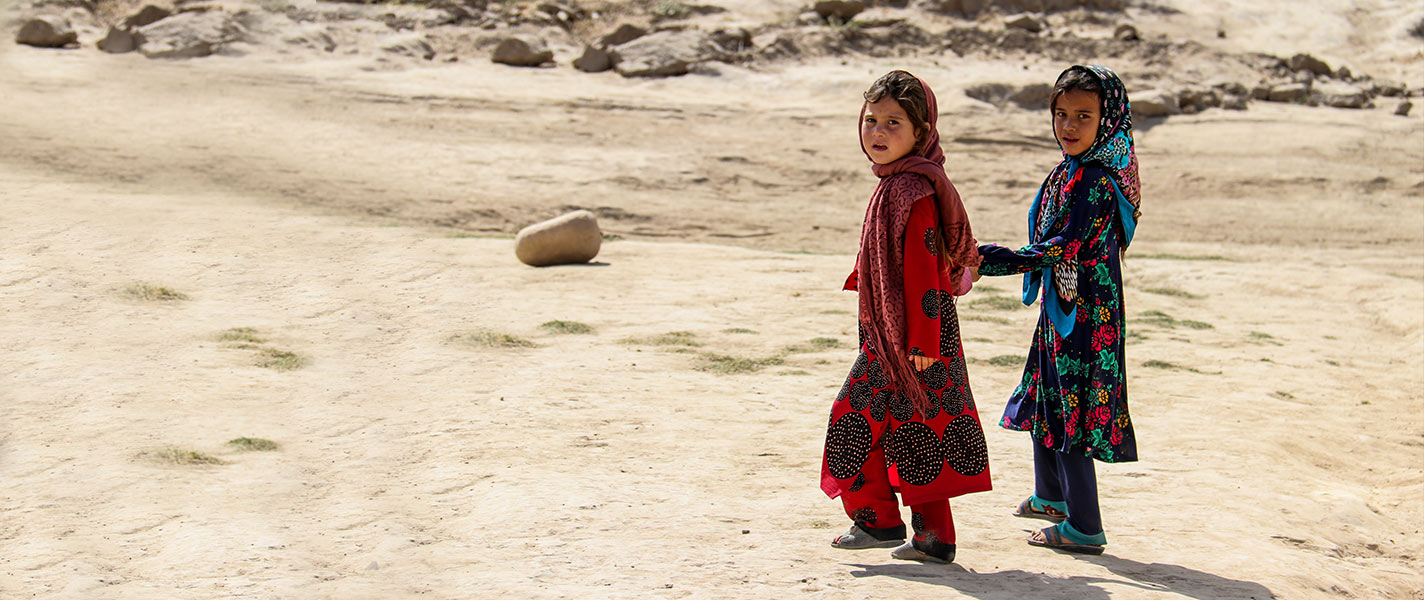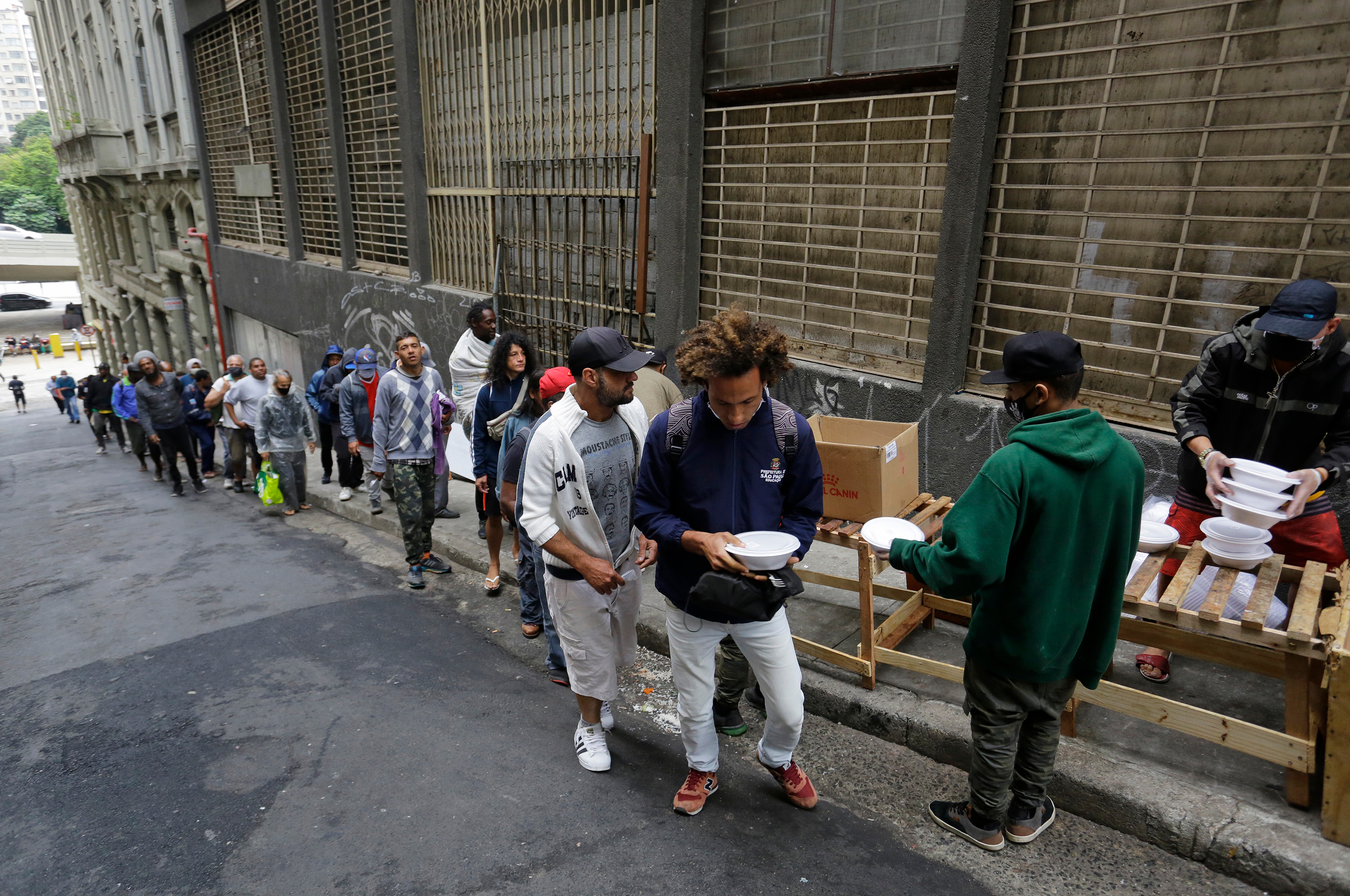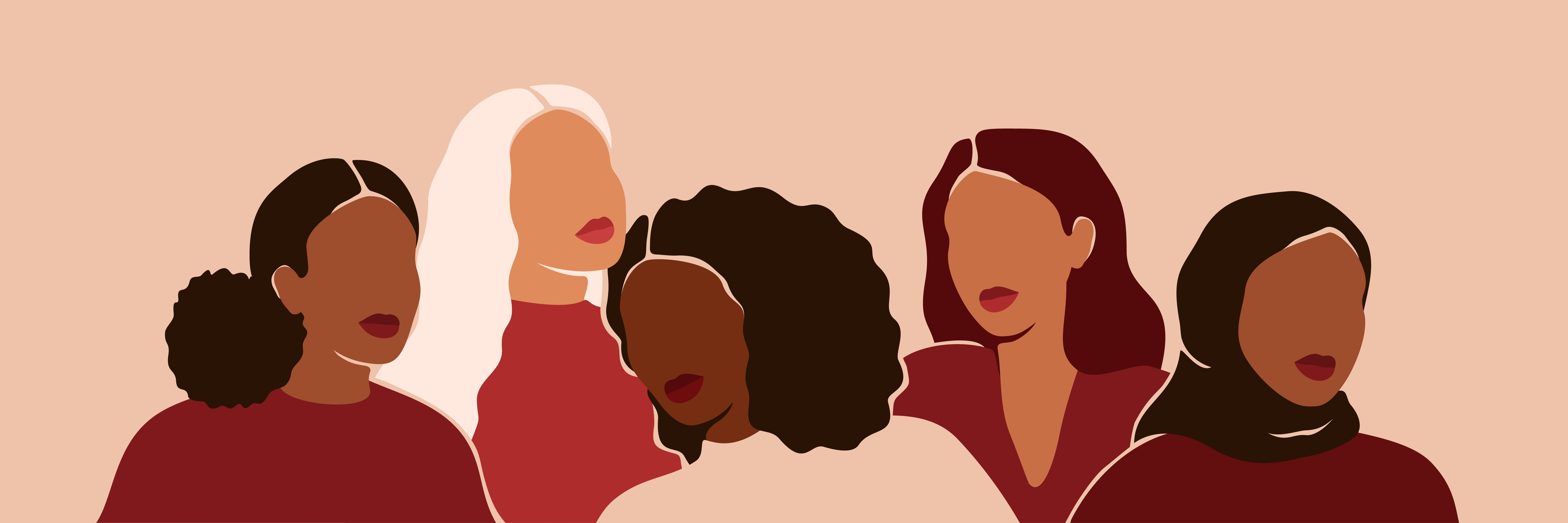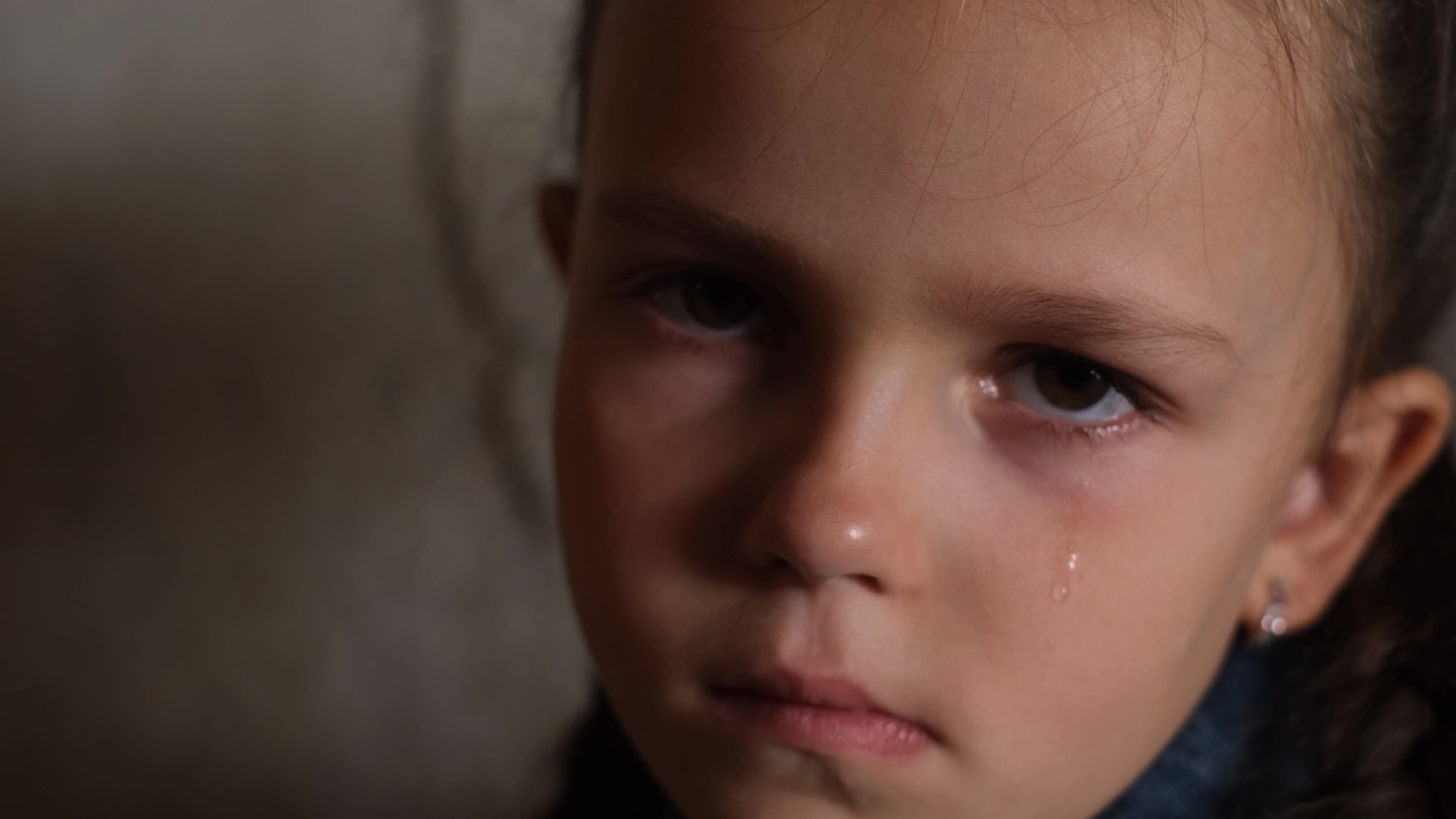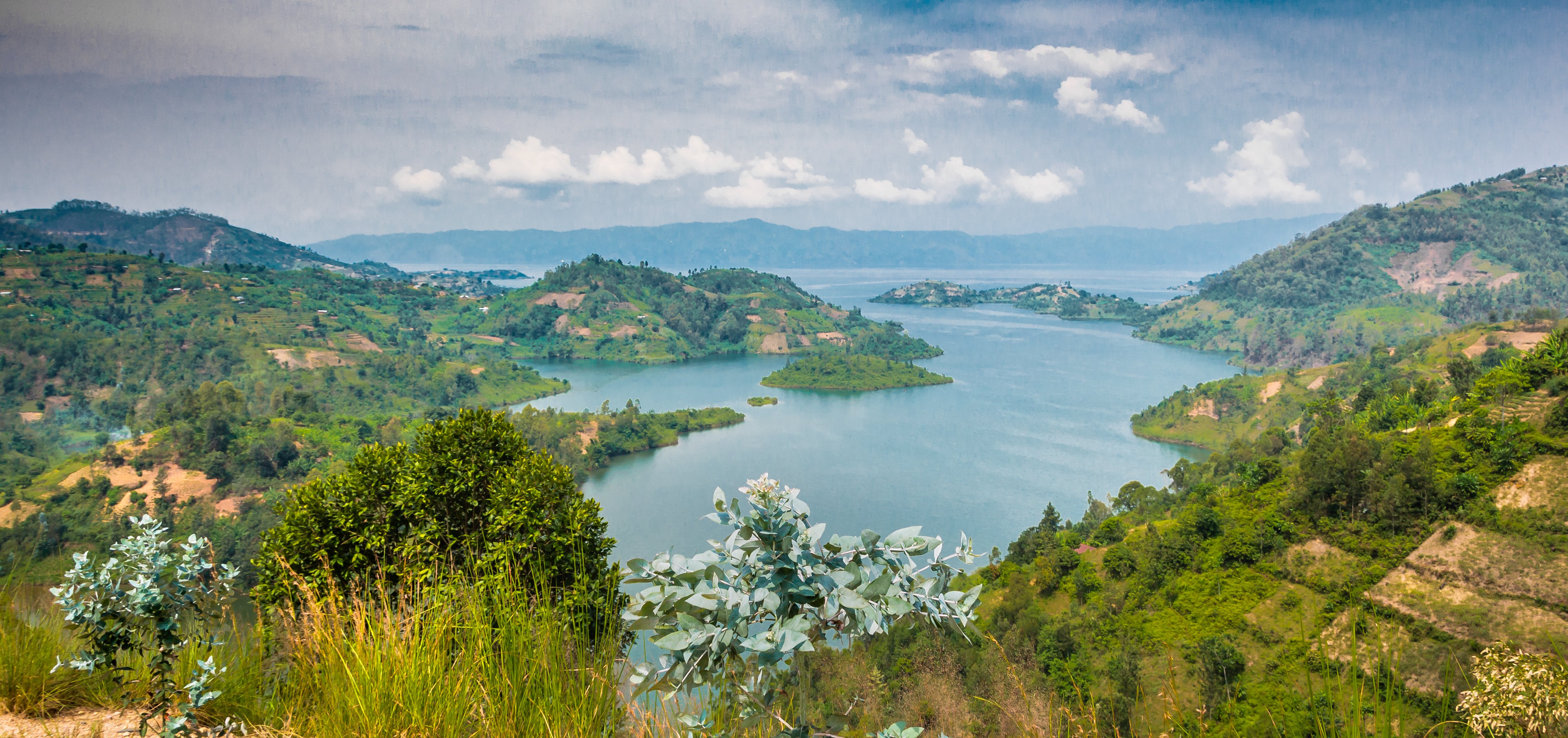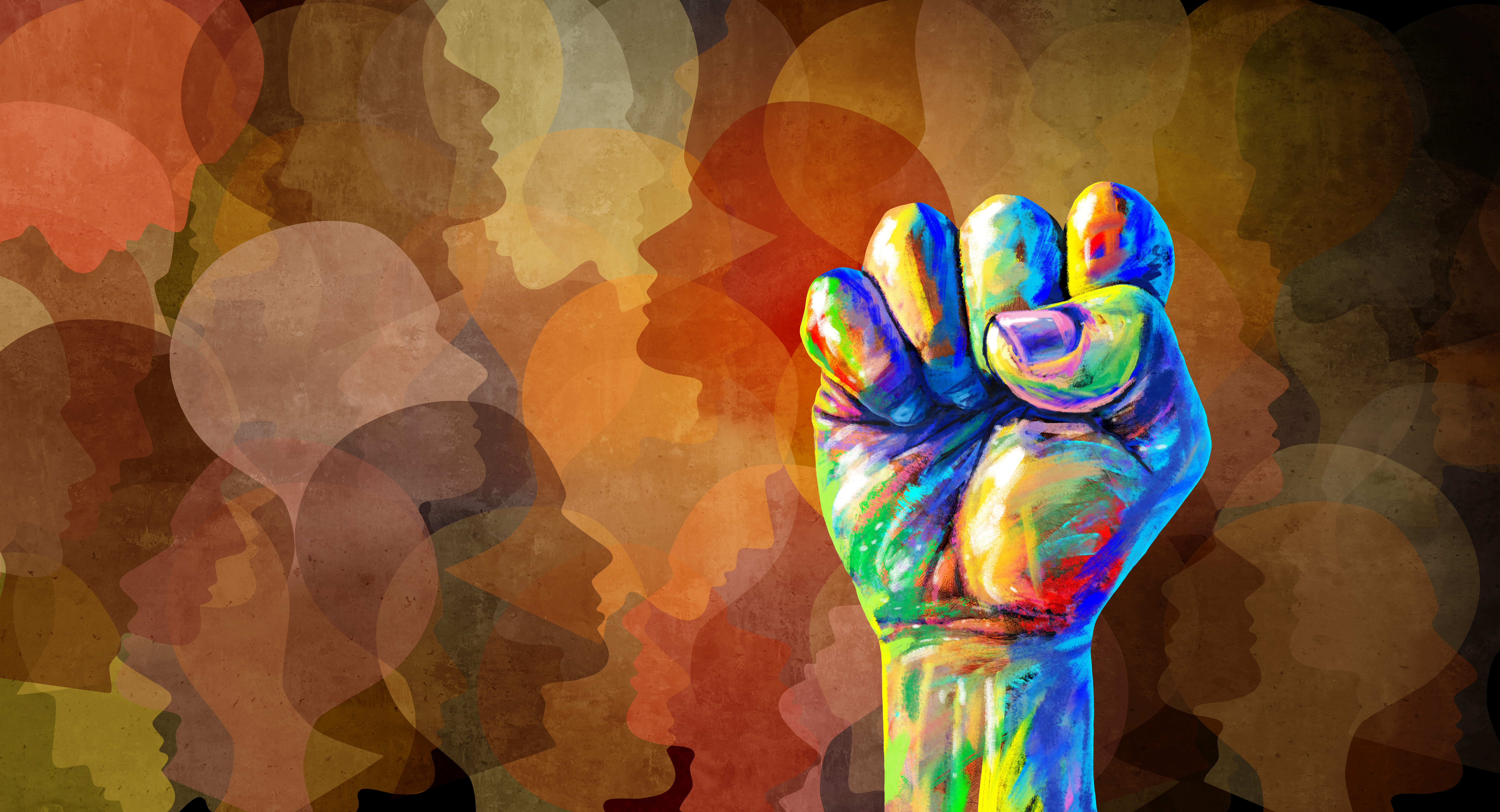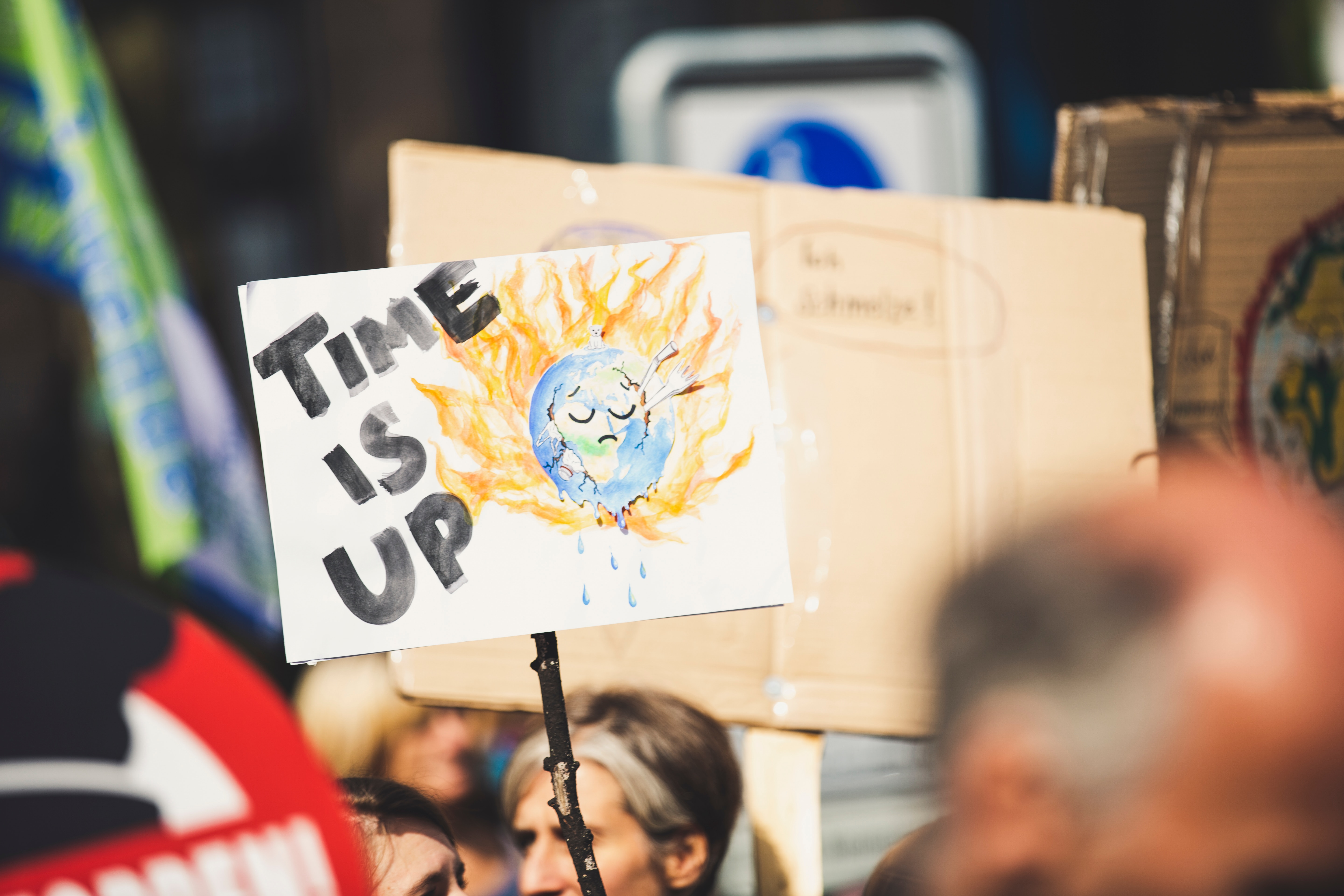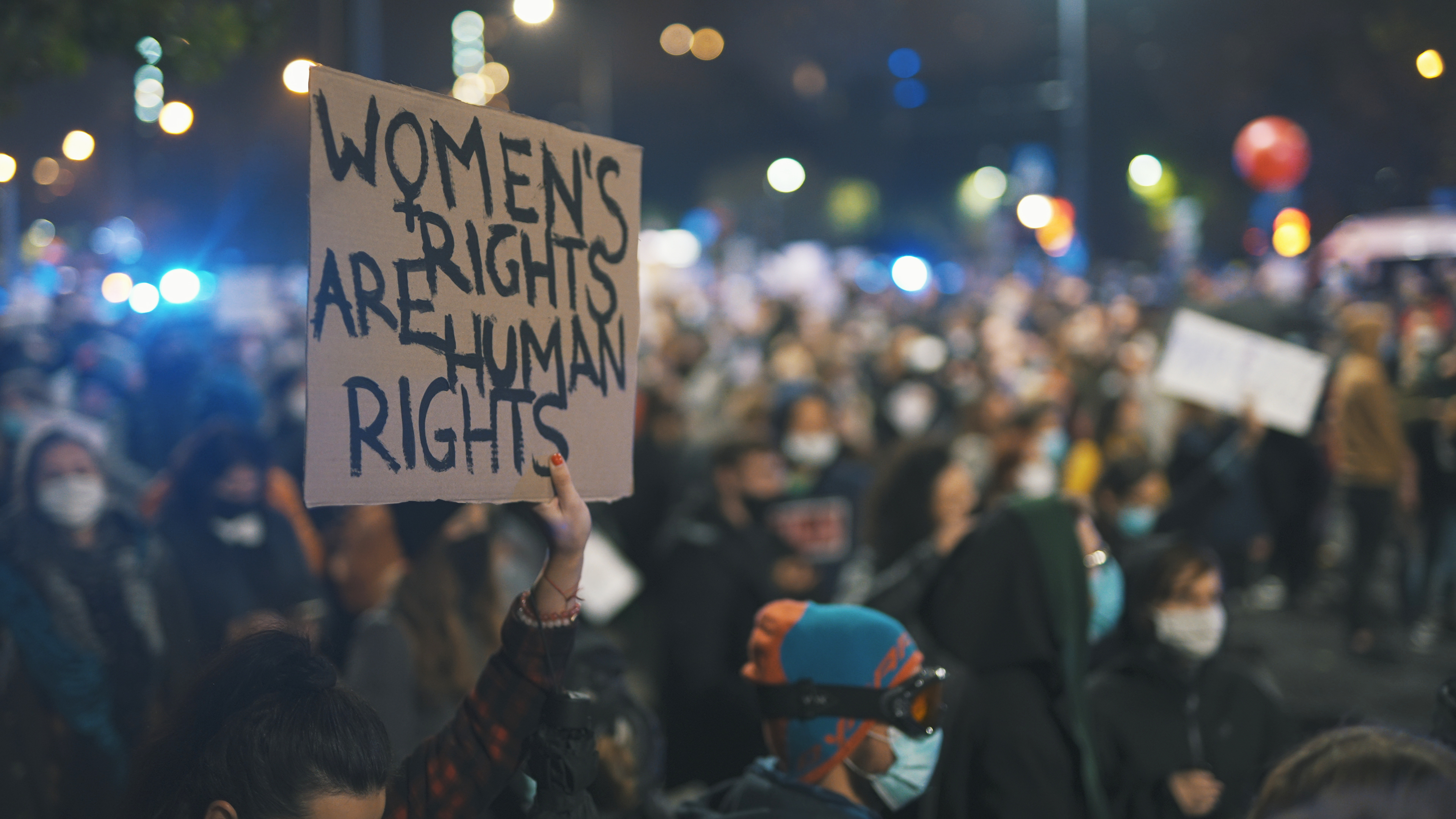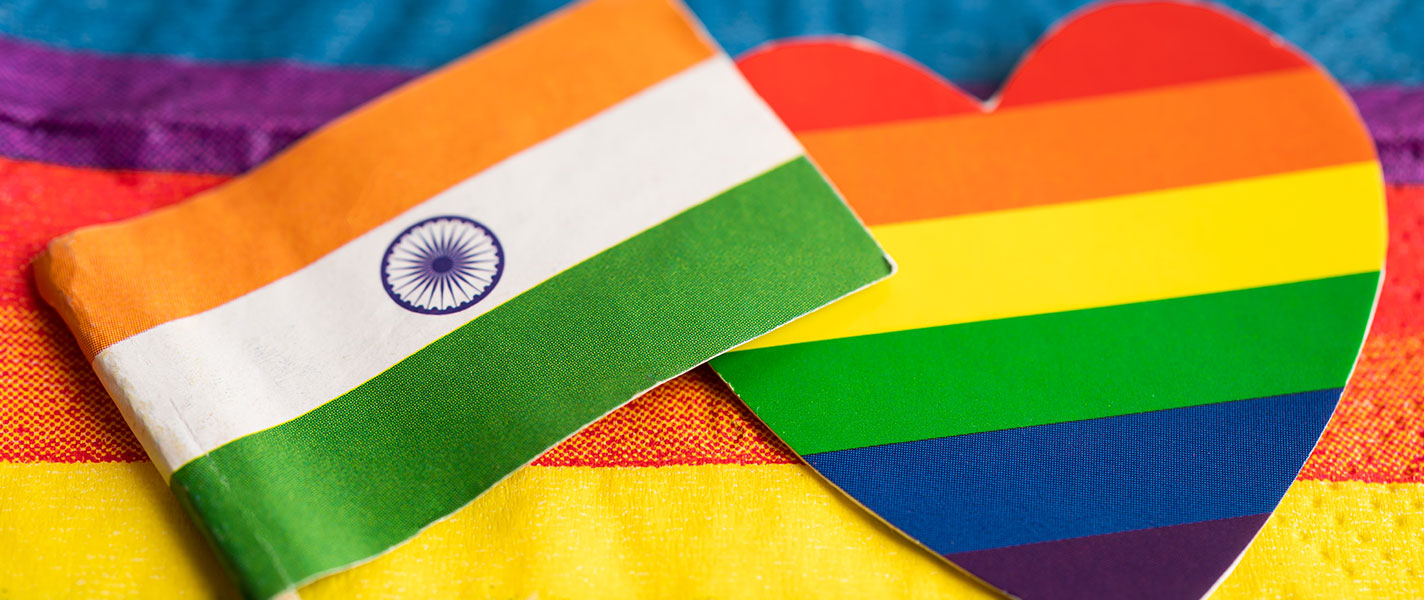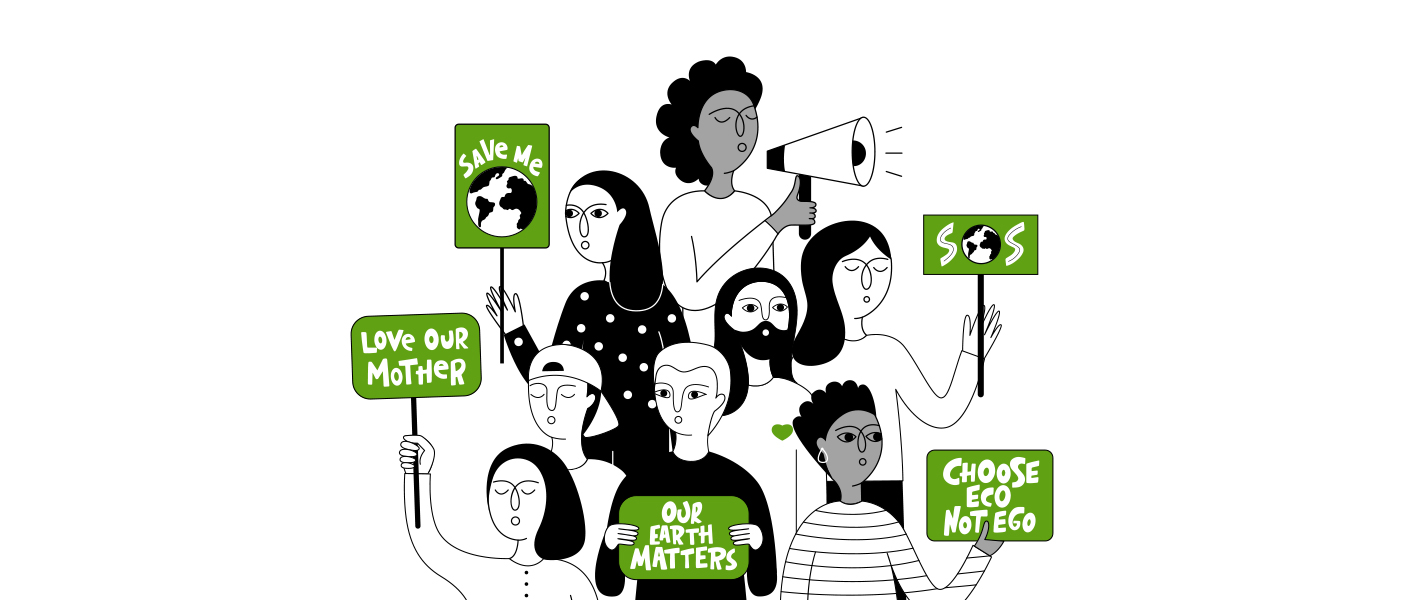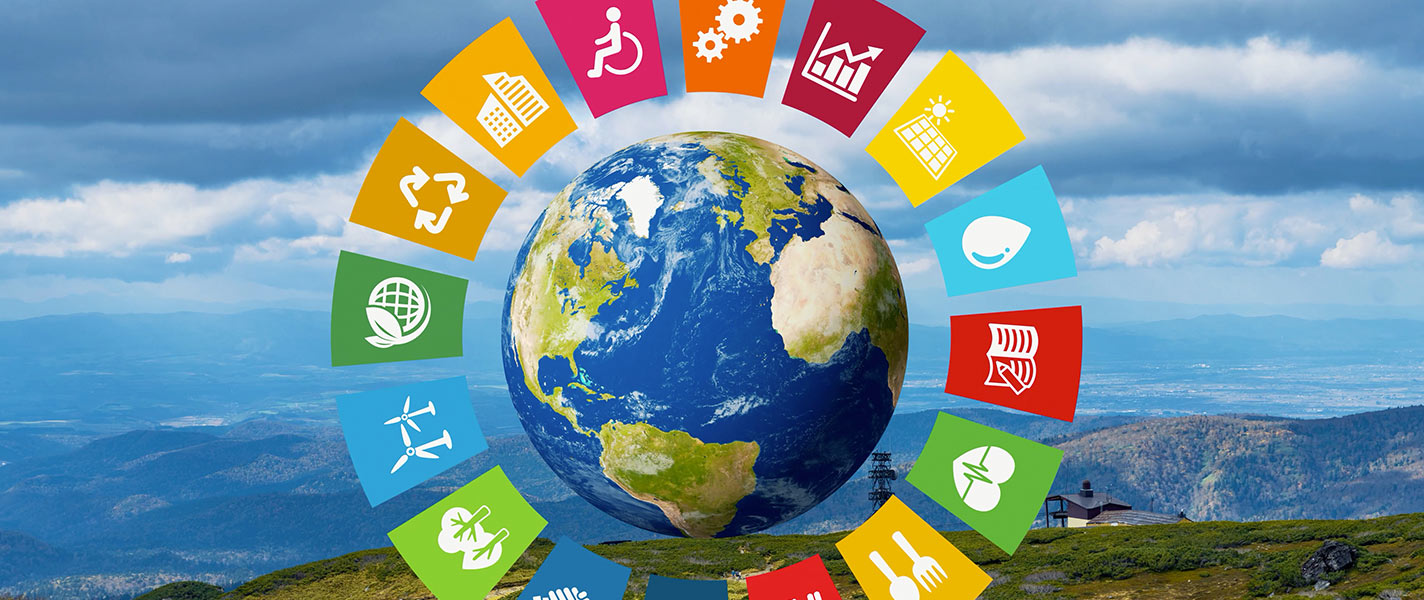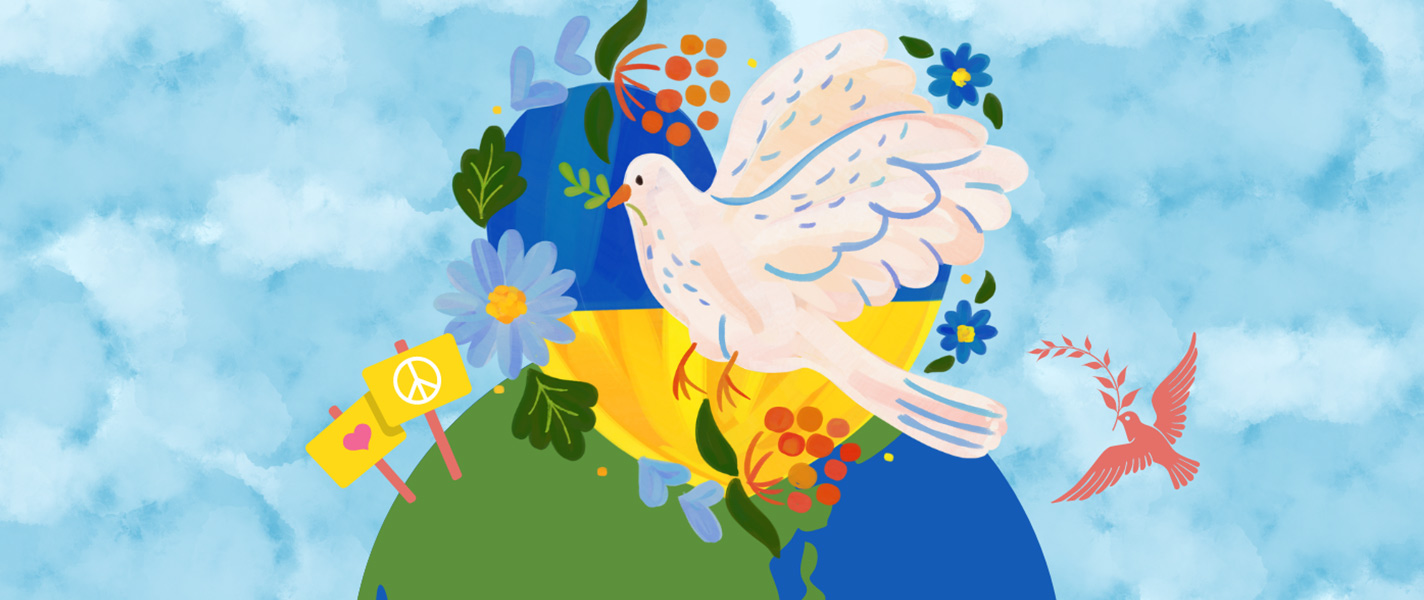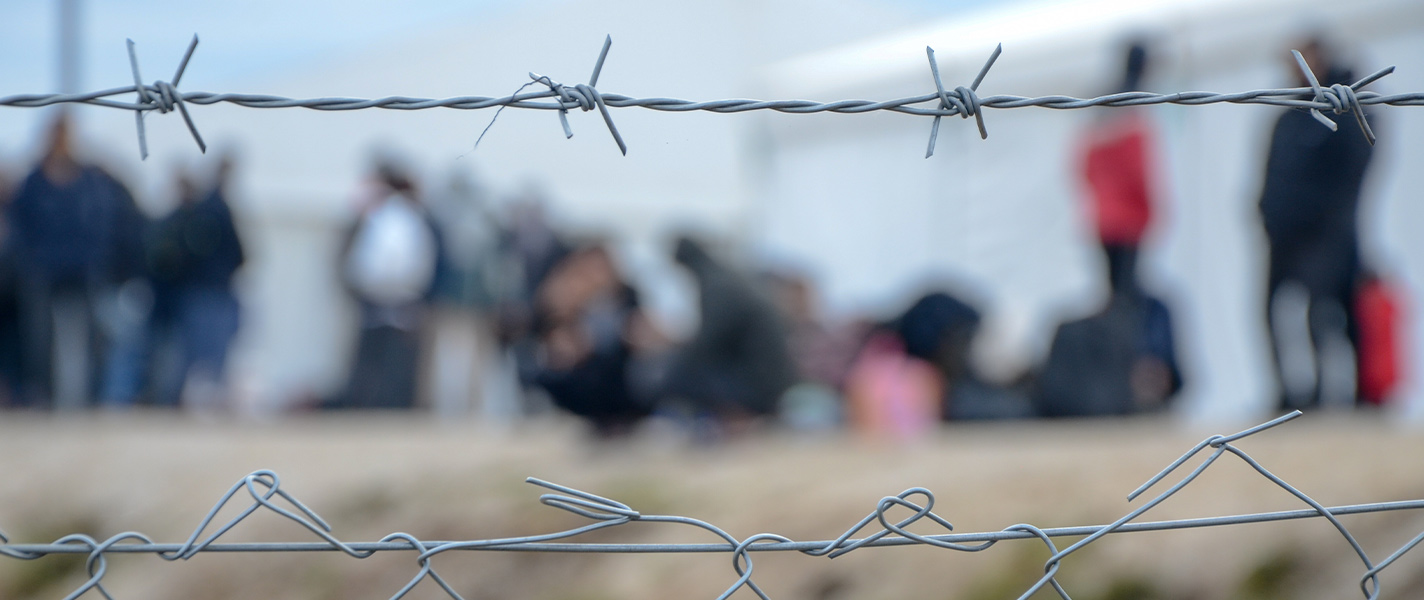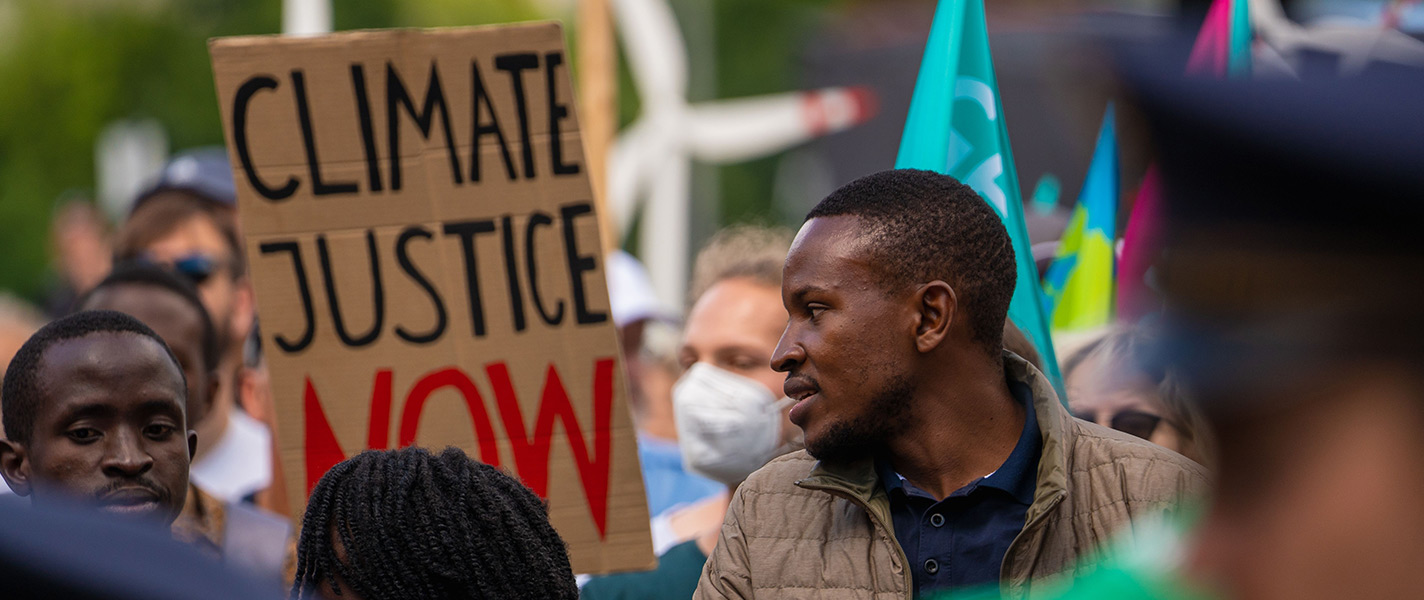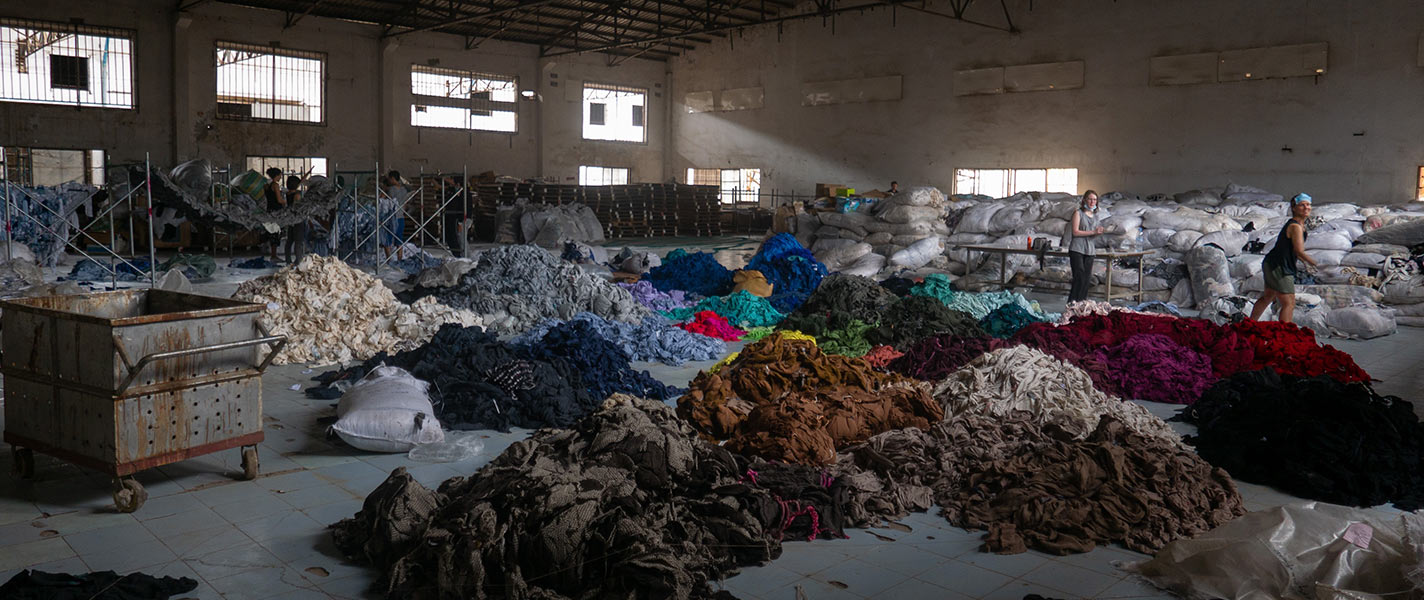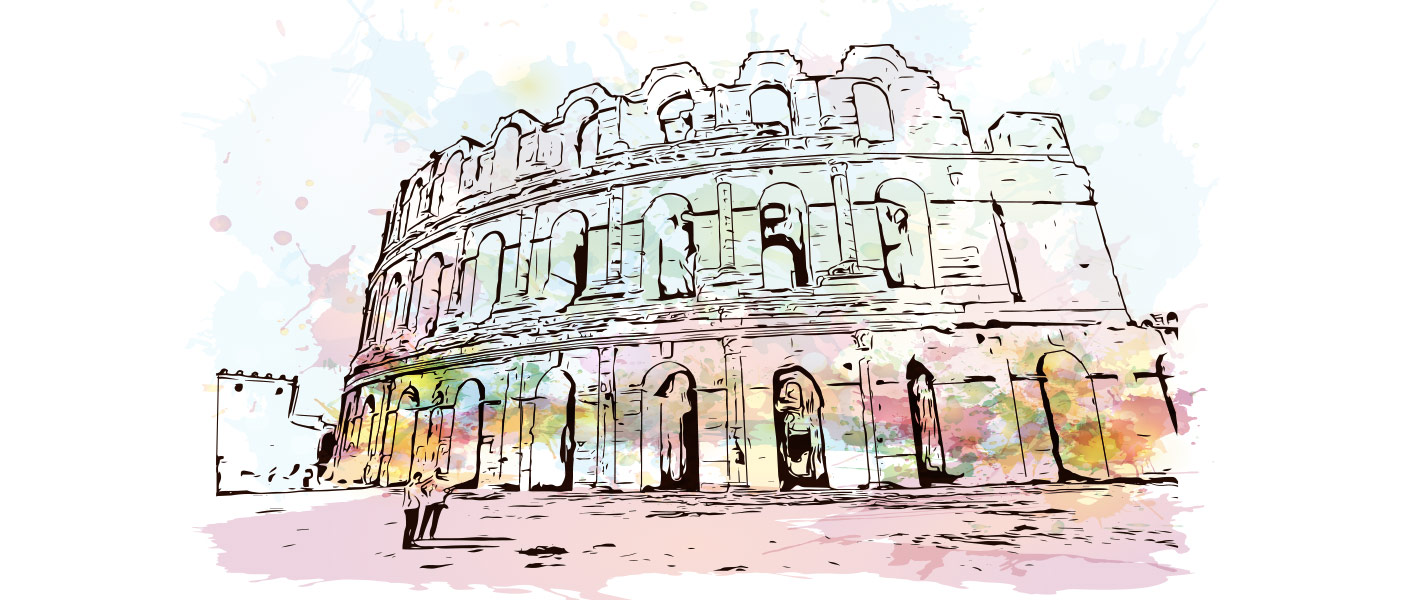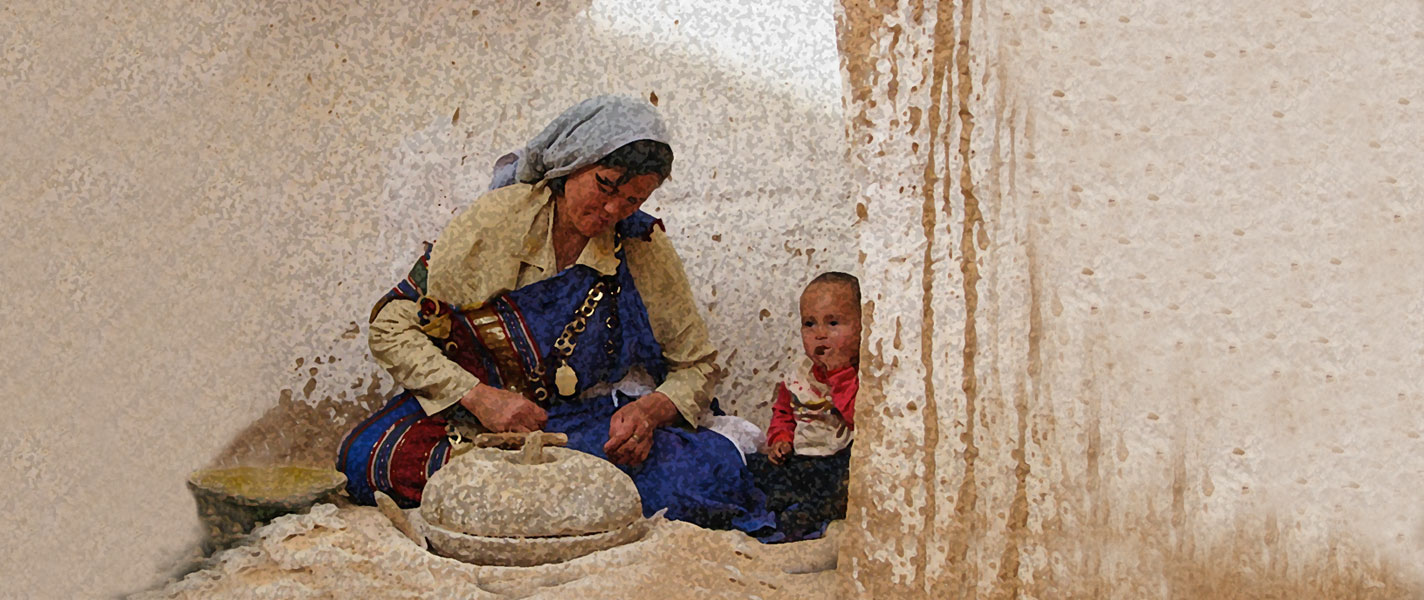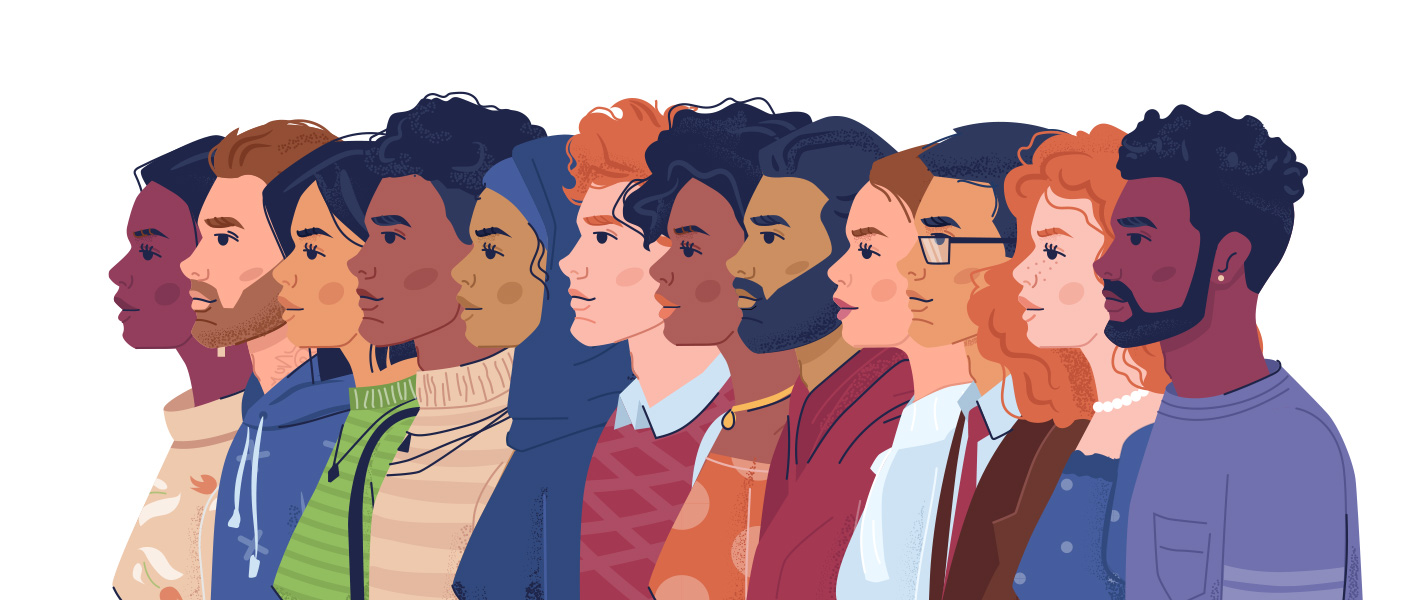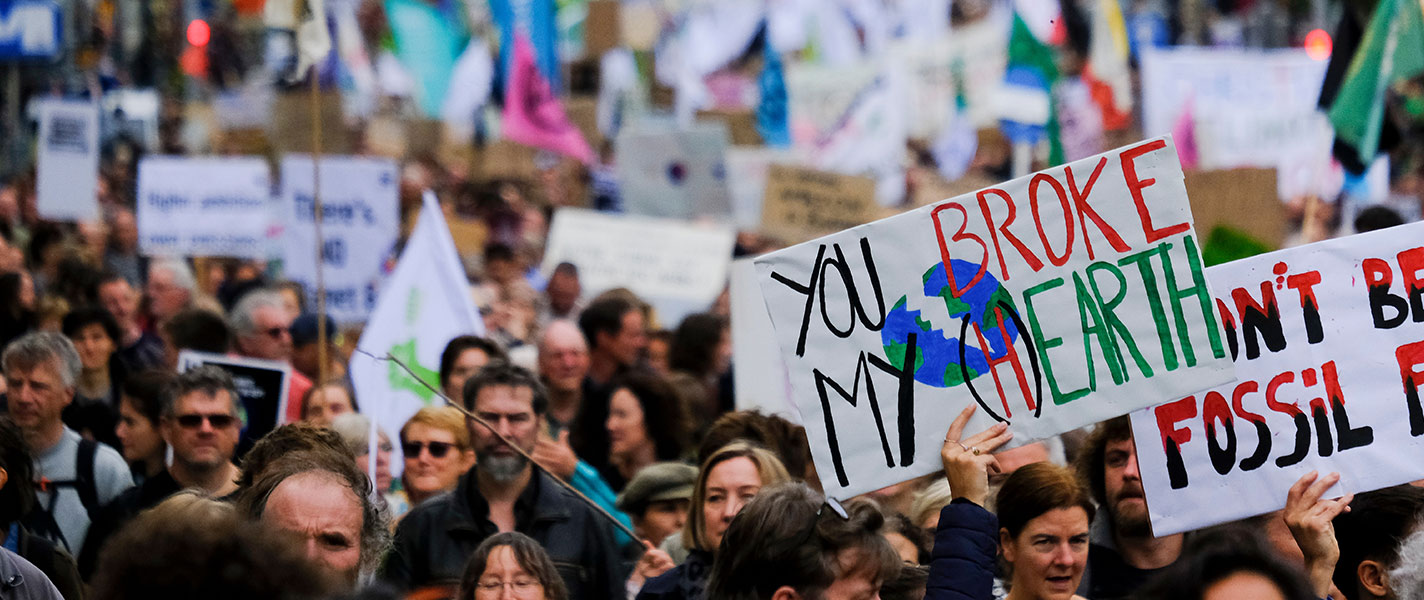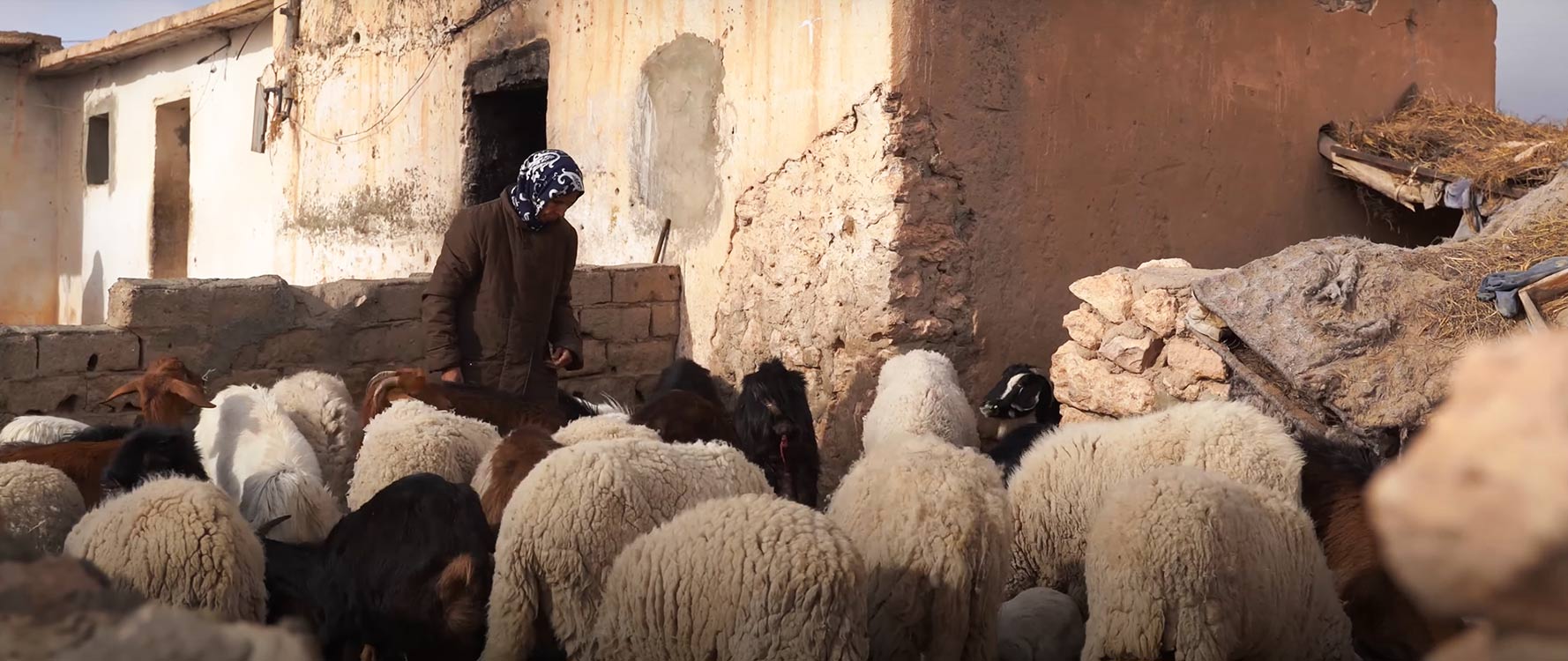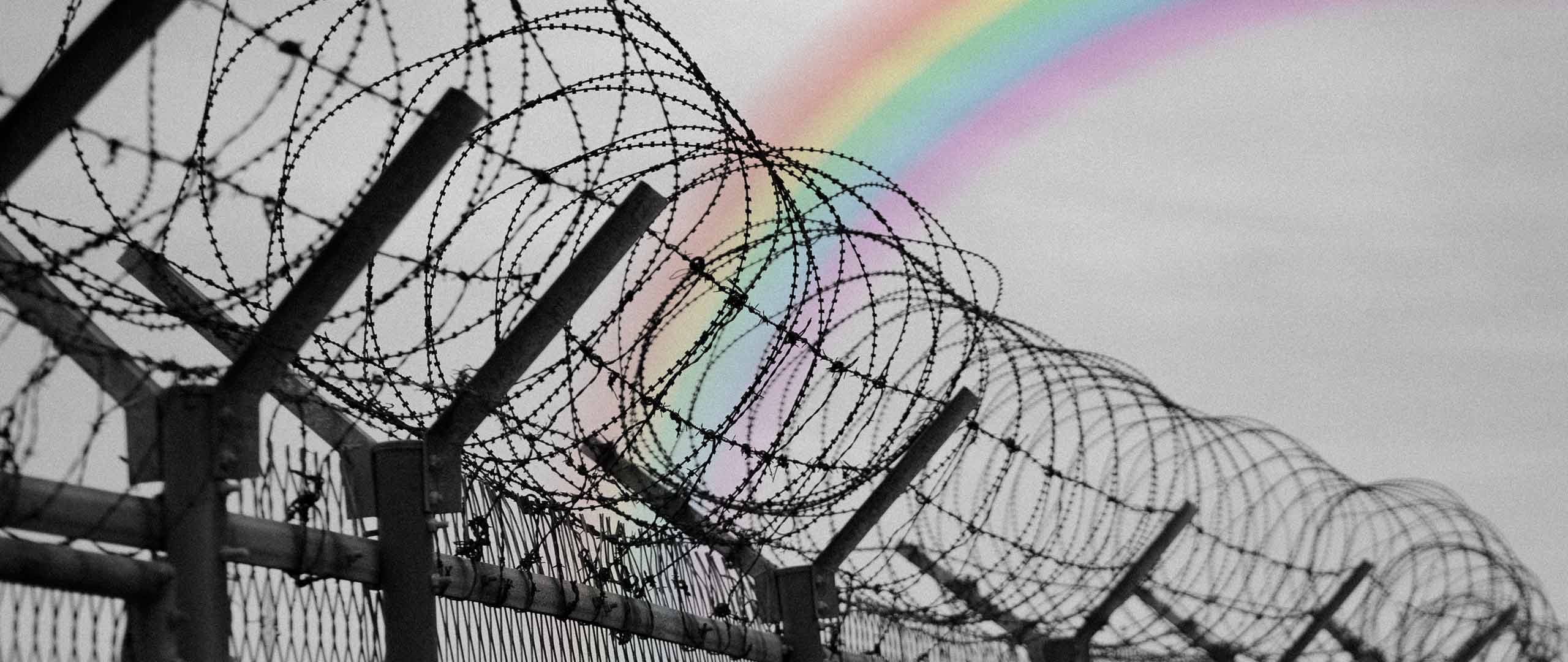Social Justice for Afghanistan Refugees
LEED Initiative celebrates World Day of Social Justice, reflecting on the significance of social justice for world peace, security, and advancement.
20 February was designated the World Day of Social Justice as the UN General Assembly passed the resolution recognizing it. This celebration promotes the importance of just relations between the individual and society, stressing on guaranteeing fair outcomes for all through employment, social protection, social dialogue, and fundamental principles and rights at work. Joining the celebration, LEED Initiative sheds light on the voices of Afghanistan refugees, who over the past four decades have been forced to leave their homes, be displaced elsewhere in the country, and come back home again to finally become refugees once again when conflict and brutal violence erupted.
According to the United Nations High Commissioner for Refugees (UNHCR), the political turmoil occurring in Afghanistan has resulted in over 550,000 Afghans being forced to flee their homes since 2021. Those fleeing from Afghanistan since 2021 join the other 3 million displaced Afghans who have already fled the country in 2020. The UNHCR contends that this alarming number in on the rising, constituting one of the largest and longest displacement crises in recent history. Even though the end of this large-scale conflict in 2021 has led to an improvement in the overall security situation and a marked reduction in civilian casualties; many challenges remained present for the population including widespread food insecurity, soaring inflation and high economic instability. These challenges further urge Afghans especially women and children to flee the country. Hence, the imperative is to acutely address the immediate and pre-existing humanitarian crisis, delivering scaled-up relief responses.
Ongoing Efforts to Salvage Afghanistan’s Refugees from Forty Years of Dispossession
In response, the United Nations as well as numerous non-governmental organizations have launched joint response plans that aim at delivering vital humanitarian relief to 22 million people in Afghanistan and further support 5.7 million displaced Afghans and local communities in five neighboring countries; namely Islamic Republics of Iran and Pakistan and in Tajikistan, Turkmenistan, and Uzbekistan. Even though some of these refugee camps were a temporary haven for successive Afghan generations who have long built a life at the skirts of their neighboring societies; they have been perpetually denied their rights, demonized and even living under the threat of being deported. As a matter of fact, more than 600 Afghans have been deported from Pakistan last month, and hundreds more face expulsion in a renewed crackdown on migrants.
Furthermore, Pakistan has not yet adopted the UN Refugee Convention 1951, which urges a legal duty on countries to protect people escaping life-threatening harm. In this respect, Umer Ijaz Gilani, an Islamabad-based lawyer, declared that deporting Afghan asylum seekers was “a clear violation of the non-refoulment principle”, which is in other terms forcibly returning refugees and asylum seekers to their original countries where they can possibly be persecuted. He even propelled the Pakistan government’s National Commission for Human rights (NCHR) to direct state authorities to halt deportations. On the other hand, there are other Afghan refugees who have made successful journeys to different corners of the world, finding the peace and dignity that has long eluded them. This can be the reality of 28,010 Afghan refugees and asylum seekers who have already arrived in Canada under all streams since August 2021 as part of the Government of Canada’s commitment to welcome at least 40,000 refugees.
In conclusion, international organizations can assist the most vulnerable Afghans with emergency shelter, food, health, water and sanitation support, financial assistance, and psycho-social support; but it all rests at the end of the day in the hands of governments and their willingness to grant asylum.
